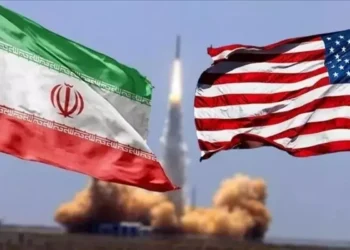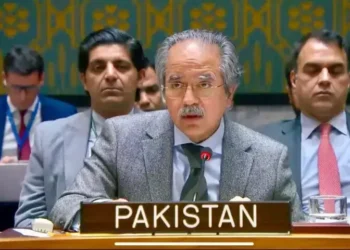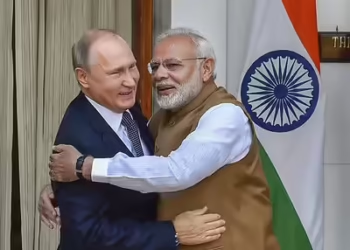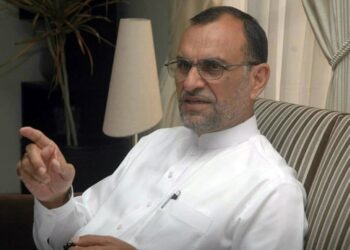NEW YORK; Deputy Prime Minister and Foreign Minister Senator Ishaq Dar on Wednesday urged the Afghan interim government to take “concrete, credible, and verifiable measures” to prevent its soil from being used for terrorism against neighbouring countries, particularly Pakistan.
Speaking at the inaugural meeting of the Organisation of Islamic Cooperation (OIC) Contact Group on Afghanistan, Dar voiced Pakistan’s grave concerns about the presence of more than two dozen terrorist groups operating freely inside Afghanistan.
He specifically named groups such as the Tehreek-e-Taliban Pakistan (TTP), Baloch Liberation Army (BLA), Majeed Brigade, and the East Turkestan Islamic Movement (ETIM), noting their active linkages with Al-Qaeda. Dar said the operational nexus between these groups posed a direct threat to regional and international peace and security.
Since the Taliban takeover of Kabul in 2021, Pakistan has witnessed a surge in cross-border terrorism, especially in its Khyber Pakhtunkhwa and Balochistan provinces. The two countries share a porous 2,500-kilometre border, which, while critical for trade and people-to-people ties, has also been exploited by militants to infiltrate Pakistan.
Islamabad has repeatedly urged the Afghan authorities to prevent groups such as the TTP from staging attacks inside Pakistan. These concerns were also reflected in a recent report submitted to the United Nations Security Council by the Analytical Support and Sanctions Monitoring Team, which highlighted Kabul’s logistical, financial, and operational support to the TTP.
Dar lamented the heavy sacrifices borne by Pakistan due to terrorism emanating from Afghan soil. “Earlier this month, 12 of our soldiers were martyred while combating TTP infiltrators along the border,” he said. He also warned that terrorist groups were increasingly exploiting digital platforms and social media for propaganda and incitement to violence, adding that such activities “cannot be tolerated under any circumstances.”
To address Afghanistan’s multifaceted challenges, Dar proposed the creation of a working group of OIC experts to devise a practical roadmap with reciprocal steps. He reiterated that Pakistan remains committed to supporting a peaceful and stable Afghanistan but stressed that this required “mutual respect, sincerity, and the political will of the Taliban authorities to help us help themselves.”
Dar underlined that no country desires peace in Afghanistan more than Pakistan, given the intertwined destinies of both nations. He also cautioned that shifting global priorities risk sidelining Afghanistan, warning that the country faces numerous crises — crippling sanctions, terrorism, narcotics, unemployment, poverty, human rights issues, and the absence of international recognition more than four years after the Taliban’s return to power.
Outlining a six-point plan for the OIC, Dar called for: securing humanitarian funding without political bias; stabilising Afghanistan’s economy and banking sector to foster trade; promoting dialogue with the Taliban to ensure compliance with international obligations; supporting UN-led projects offering alternatives to poppy farming; urging the Taliban to lift restrictions on women and girls that contradict Islamic principles; and enabling conditions for the safe repatriation and reintegration of Afghan refugees.
“As fellow OIC members and regional partners, we must help pull Afghanistan out of isolation,” Dar concluded, stressing that peace and prosperity in Afghanistan are vital for the wider Muslim world.



































































